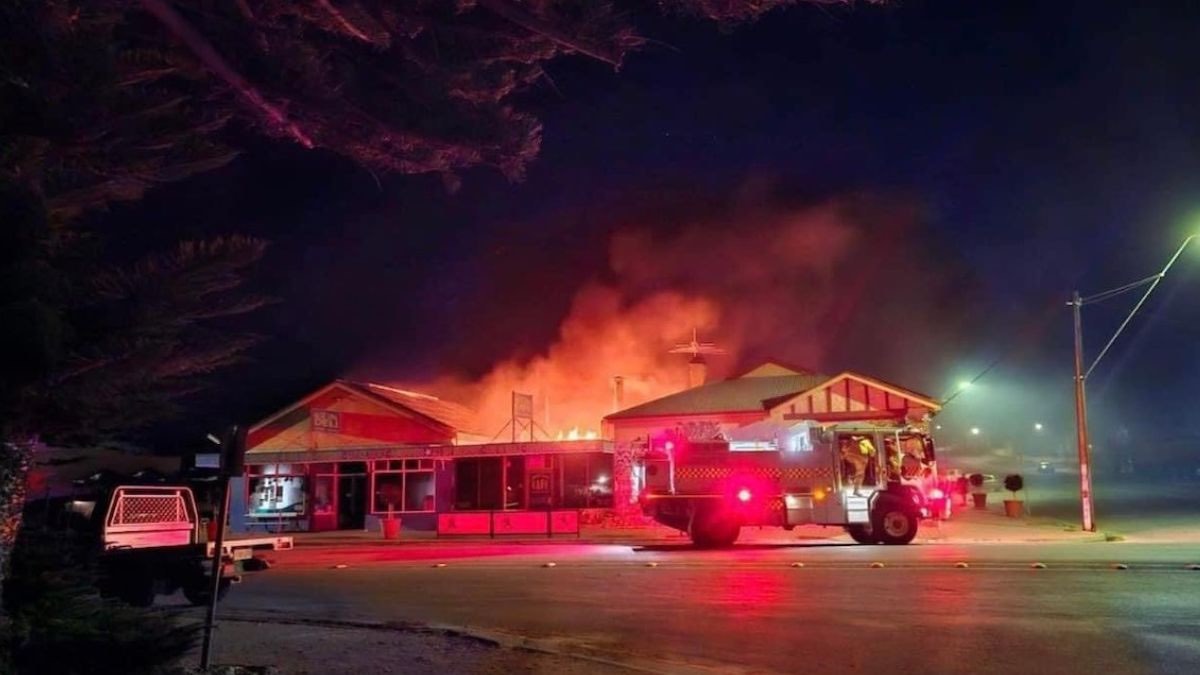The rapid response and containment capability against significant diseases in livestock has been given a boost with new biosecurity response trailers rolled out across South Australia.
This new measure is part of the South Australian Government’s $6.8 million commitment to prepare for and respond to possible future emergency animal disease (EAD) incursions.
The risk of exotic disease outbreaks in Australia remains elevated with foot and mouth disease (FMD), lumpy skin disease (LSK), and African swine fever present in Australia’s near neighbours. While primarily intended for deployment if exotic diseases such as FMD and LSD occur, the trailers also provide the necessary equipment to respond to other disease incidents across the state in a range of livestock species.
An outbreak of an EAD such as FMD would have significant impacts on the state’s economy, including predicted job losses of over 8000 workers in the primary production sector. It has also been estimated that a large-scale multi-state outbreak of FMD in Australia could have a direct economic impact of up to $80 billion over ten years.
An EAD outbreak would impact access to export markets, undermine domestic livelihoods and have broad economic and social impacts.
While field staff currently carry equipment in their vehicle to be used to investigate disease, protect, and decontaminate themselves, the trailers are designed and equipped to support a team of up to ten staff.
The trailers can also be used as a mobile office, forward command post or staging area. The trailers will be based at Clare, Murray Bridge and Struan and ready for immediate deployment to where they are needed.
“Protecting our primary industries through rapid response to any livestock biosecurity incident in the state is paramount to protect the livelihood of so many, both directly and indirectly employed in the primary industries sector, not to mention the health and welfare of the livestock,” said Minister for Primary Industries and Regional Development, Clare Scriven.
“We know that the consequences of an outbreak of an EAD could be devastating and far reaching. They extend the entire length of the supply chain and beyond, including communities and businesses that support or are supported by primary industries. In the event of a significant EAD, it would be unlikely that there would be anyone in our community untouched by the impacts.
The equipment on these trailers will enable the staff to quarantine affected properties, provide a field-based mobile office, and undertake sampling and decontamination.
PIRSA are also working with livestock industries to support industry preparedness, communications, contingency planning, industry training and surveillance.”
Livestock SA President Joe Keynes said the rapid response approach is essential for safeguarding the well-being of animals, protecting economic interests, and maintaining the overall resilience of the livestock sector here in South Australia.









